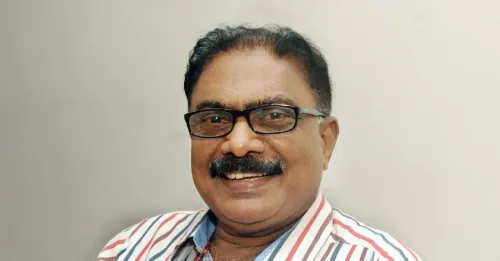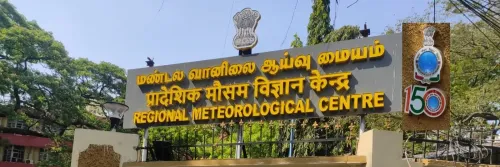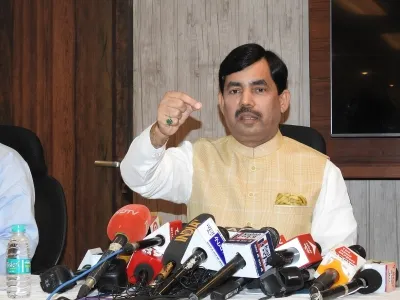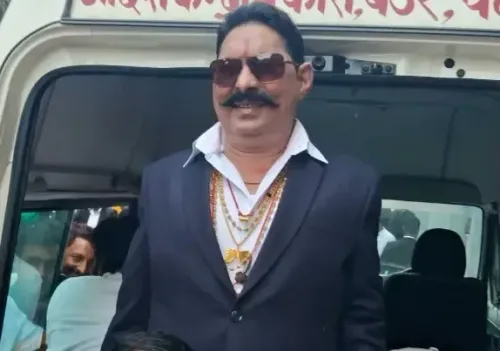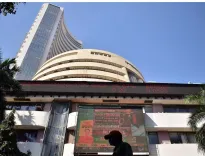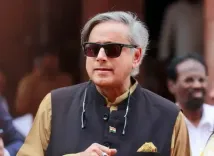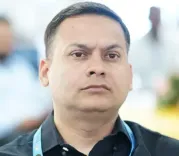Will the Supreme Court Provide Relief in the Mumbai Train Blasts Case?
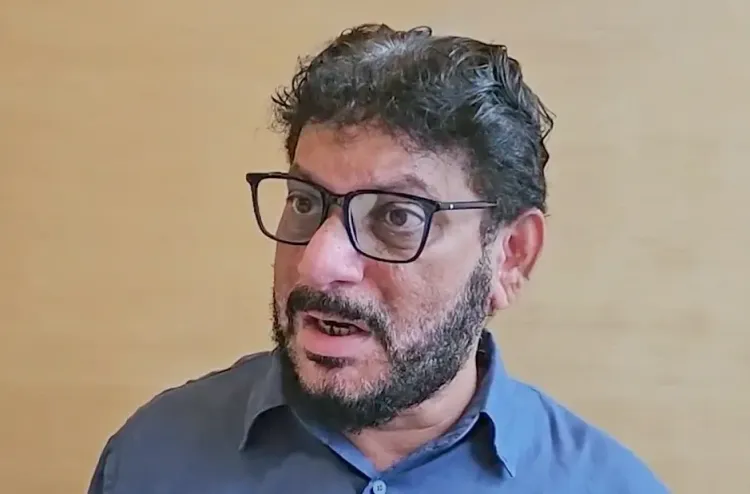
Synopsis
Key Takeaways
- Supreme Court stays acquittal of Mumbai train blasts accused.
- Waris Pathan expresses hope for justice.
- Concerns raised about selective justice in terror cases.
- Critique of political hypocrisy from secular parties.
- Case remains a focal point in discussions about national security.
Mumbai, July 24 (NationPress) Following the Supreme Court's decision to suspend the Bombay High Court's ruling that had acquitted all 12 individuals involved in the 2006 Mumbai train bombings, AIMIM leader and former Maharashtra MLA Waris Pathan expressed his belief that the highest court will ultimately grant justice to them.
In an interview with IANS, Pathan remarked: "The Supreme Court has put a hold on the appeal initiated by the Maharashtra government and has made it clear that there is no necessity to reinstate the accused in custody. After 18 years, the High Court reviewed the entire case and declared all 12 accused innocent. Yet, within a day or two, the state government hurried to contest this ruling."
Pathan highlighted the thorough nature of the Bombay High Court's extensive 670-page judgment.
"The High Court scrutinized all evidence and testimonies meticulously. It even stated in the ruling that the confessions were obtained under duress and torture. These are significant observations. Now that the Supreme Court is involved, I am optimistic that once it evaluates the judgment and evidence, these individuals will once again receive justice," he added.
Pathan also voiced concerns regarding selective justice and religious discrimination in the handling of terrorism cases in India.
"We are all united against terrorism. Every citizen desires its eradication. However, we cannot accept selectivity. Why is it that one community faces immediate repercussions while others remain untouched for years without even an appeal? Justice should be equitable for everyone," he told IANS.
Drawing from his legal background, Pathan noted that numerous cases involving individuals from non-Muslim communities have not seen appeals or legal action even after several years.
"If the law applies equally to all, then the Maharashtra government should pursue appeals universally, not selectively," he stated.
Pathan further criticized Congress MP and Mumbai unit chief Varsha Gaikwad for urging the Maharashtra government to contest the High Court's acquittal ruling.
"This is the peak of hypocrisy. These so-called secular parties, which are part of the Maharashtra Mahagathbandhan, have been exposed. The High Court has acquitted these 12 men after 19 arduous years, yet they want to see them imprisoned once more. Muslims voted for them, trusted them, and empowered them — all in the name of secularism. Now, when justice has finally been served, they are the first to oppose it," he remarked.
"The public is observing. People can see how Muslims are utilized for votes and subsequently abandoned. When it comes time to support them, these leaders are the first to step back. But retribution will come — and the people will respond," he concluded.
The 2006 Mumbai train bombings were among the most devastating terror attacks in India, resulting in over 180 fatalities. The case has been under legal scrutiny for almost two decades, and the recent developments have once again thrust it into the national discourse.

